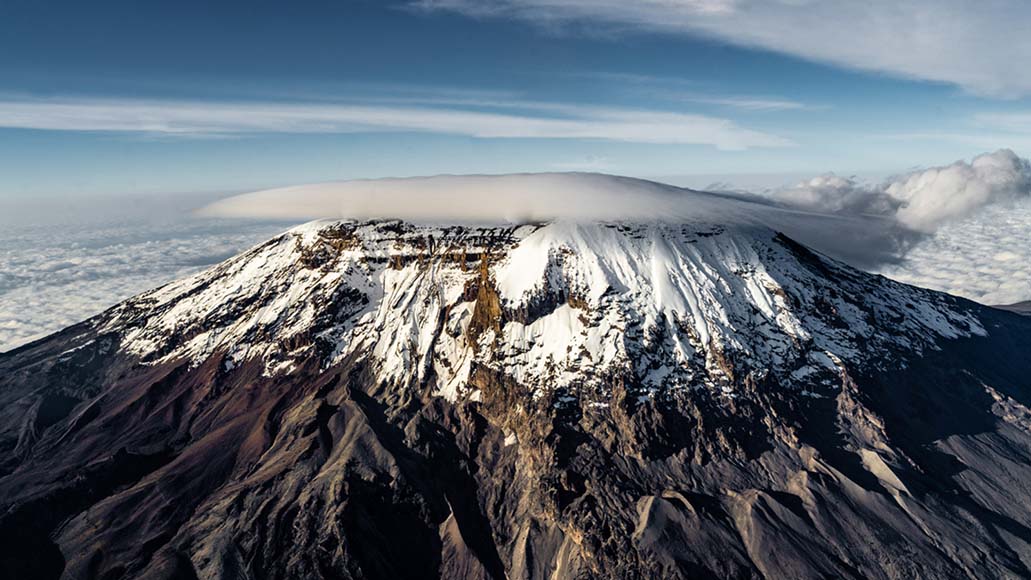
What is a Safari and What Makes It Different from a Typical Vacation?
Introduction to Safari
The term “safari” originates from the Swahili word meaning “journey,” a fitting description for an adventure that transcends typical vacation experiences. Traditionally, a safari is an expedition designed to observe and photograph wildlife in their natural habitats, with Africa being the quintessential destination for such endeavors. These expeditions have evolved from early 20th-century hunting trips into conservation-focused experiences aimed at appreciating and preserving wildlife.
Today, safaris encompass a variety of formats, each offering a distinct way to connect with nature. Game drives are perhaps the most popular, involving guided tours in specialized vehicles through national parks and reserves. These drives provide opportunities to see iconic species like lions, elephants, and rhinoceroses up close. Walking safaris, on the other hand, offer a more intimate experience, enabling participants to explore the bush on foot under the guidance of experienced rangers. This type of safari emphasizes not just the wildlife but also the smaller details of the ecosystem, like plants and insects that are often overlooked.
Photographic safaris cater to enthusiasts eager to capture the perfect shot of a cheetah sprinting or a herd of zebras grazing. These safaris often feature professional photographers as guides, who provide insights into the best techniques and locations for wildlife photography. The focus of a photographic safari is not merely on witnessing animals but on capturing their essence through the lens.
What sets a safari apart from a typical vacation is its unique elements. Unlike traditional holidays that might center around relaxation or cultural exploration, safaris are deeply rooted in the natural world. They offer an immersive experience, placing travelers in the midst of untamed landscapes teeming with wildlife. The sense of adventure is palpable, as each day on safari promises new discoveries and encounters with the wild. This focus on wildlife viewing and immersion in nature makes a safari an unparalleled journey into the heart of the wilderness.
The Unique Aspects of a Safari Experience
A safari offers a distinctive vacation experience, setting it apart from conventional holidays. One of the primary elements that differentiate a safari is the intimate encounters with wildlife. Unlike typical vacations where interactions with animals are often limited to zoos or controlled environments, a safari allows visitors to witness majestic creatures such as lions, elephants, and giraffes in their natural habitats. This proximity to wildlife provides an unparalleled opportunity to observe animal behavior up close, making it a profoundly immersive experience.
Beyond wildlife sightings, safaris are educational journeys. Expert guides and trackers play a crucial role in enhancing the overall experience. These professionals possess extensive knowledge about the ecosystems, animal behaviors, and local conservation efforts. They offer valuable insights, turning each game drive into an informative expedition. Learning about the delicate balance of ecosystems and the importance of conservation efforts adds a significant layer of depth to the safari, making it more than just a sightseeing tour.
Another unique aspect of a safari is the variety of accommodation options available. Unlike standard hotels, safari lodges and mobile camps provide a direct connection to the environment. Luxury lodges offer high-end amenities while maintaining a close proximity to nature, often featuring open designs that allow guests to feel part of the surrounding wilderness. Mobile camps, on the other hand, offer a more rustic experience, moving locations to follow animal migrations. This adaptability ensures that guests are always close to the action, enhancing the sense of adventure.
The communal dining experiences on safaris also contribute to their uniqueness. Shared meals in the wild foster a sense of camaraderie among safari-goers. These gatherings provide opportunities to share stories, exchange experiences, and build lasting friendships. The communal aspect of dining, often around a campfire under the stars, adds a layer of social interaction that is typically absent in standard vacation settings.
Planning and Preparing for a Safari
Planning a safari involves several crucial steps to ensure a rewarding experience. Selecting the right destination is paramount, as Africa offers a variety of safari options across different countries, each with its unique wildlife and landscapes. Consider what animals you want to see and the type of ecosystem that interests you, whether it’s the Serengeti’s vast plains or the lush Okavango Delta.
Timing your visit is equally important. The best time for a safari typically coincides with the dry season, when animals congregate around waterholes, making them easier to spot. For example, East Africa’s Great Migration happens between July and October, offering a spectacular view of wildebeest and zebra herds. Conversely, the Green Season, although wetter, provides lush scenery and fewer tourists.
Choosing reputable tour operators and guides is crucial for both safety and enriching your experience. Research operators with strong reviews, accreditation, and knowledgeable guides. A well-qualified guide can enhance your safari with insights into animal behavior, ecology, and conservation efforts.
When packing for a safari, prioritize light, breathable clothing in neutral colors that blend with the environment. Long sleeves and trousers are advisable to protect against insects and the sun. Essential items include a wide-brimmed hat, sunglasses, and sturdy walking shoes. Don’t forget crucial travel documents such as your passport, visas, and any necessary vaccinations, which may vary by country. It’s also wise to carry a basic first aid kit.
Equipping yourself with binoculars and a good camera can significantly enhance your wildlife viewing experience. Binoculars allow for close-up observation without disturbing the animals, while a camera with a zoom lens helps capture memorable moments.
Physical preparation is also beneficial. Safaris can be physically demanding, involving extended periods in vehicles or on foot. Engage in moderate exercise to build stamina. Set realistic expectations; wildlife sightings can be unpredictable, but patience often leads to extraordinary encounters.
Safety and Responsible Tourism on Safari
Embarking on a safari is an exhilarating experience, but prioritizing safety and responsible tourism is paramount. Adhering to the guidance of experienced guides is crucial. These professionals possess comprehensive knowledge of the terrain and wildlife behavior, ensuring tourists remain safe while providing enriching insights. One fundamental rule is staying inside vehicles during game drives. This practice minimizes the risk of unexpected encounters with wildlife, which can be unpredictable and potentially dangerous.
Respect for wildlife is a cornerstone of a successful safari. Observing animals from a safe distance prevents stress and disturbance to their natural behaviors. Additionally, tourists should refrain from making loud noises or sudden movements, which can alarm the animals and disrupt their habitats. Another essential safety measure is to avoid feeding animals, as it can lead to dependency and alter their natural foraging habits.
Responsible tourism extends beyond personal safety to encompass conservation efforts and respect for local cultures and communities. Supporting conservation initiatives is vital for the preservation of wildlife and their habitats. Tourists can contribute by choosing eco-friendly lodges that employ sustainable practices, such as waste management and energy conservation. Participating in community-based tourism initiatives also fosters a positive impact, as it provides economic benefits to local populations and encourages the protection of natural resources.
Respecting local cultures is equally important. Engaging with local communities in a respectful manner enriches the safari experience and fosters mutual understanding. Tourists should educate themselves about the customs and traditions of the areas they visit and support local businesses and artisans, thereby contributing to the local economy.
Minimizing environmental impact is another critical aspect of responsible tourism. Simple actions such as reducing plastic use, conserving water, and adhering to designated paths can significantly reduce the ecological footprint of a safari. By adopting these practices, tourists not only enhance their own experience but also ensure that the pristine beauty of safari destinations is preserved for future generations.
Recent Posts
What is a Game Drive?
Top Reasons Why Tanzania Should Be Your Safari Destination
Tags




